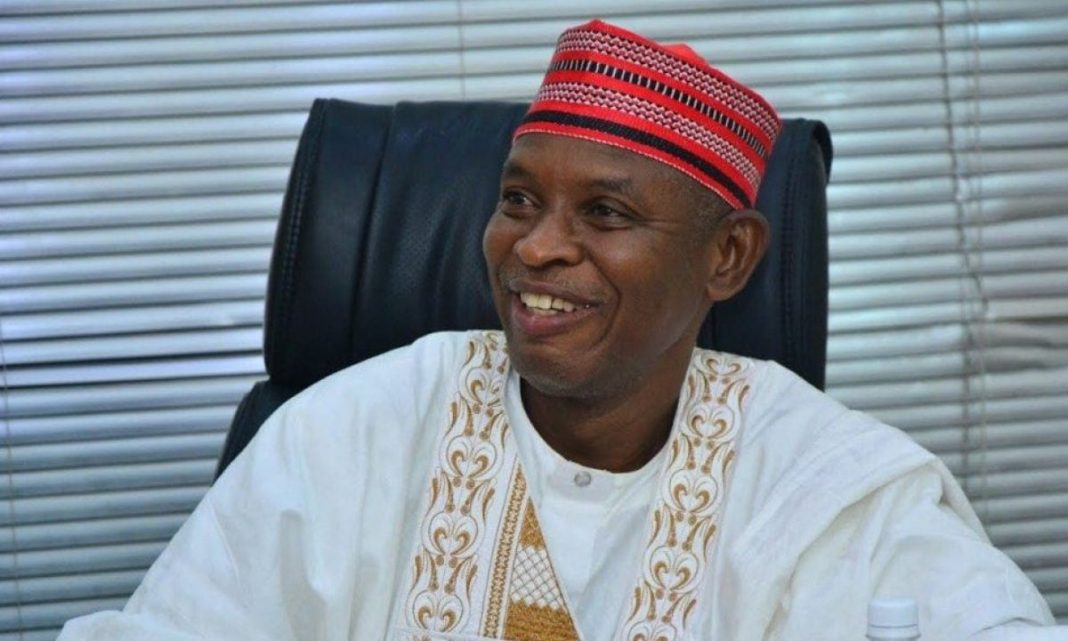ABUJA, Nigeria — The Court of Appeal in Abuja has dismissed an interlocutory application filed by Governor Abba Yusuf of Kano State, seeking to set aside a ruling of the Kano State Elections Petitions Tribunal.
The panel of justices labeled Yusuf’s application as “frivolous and vexatious.”
The application was brought against the All Progressives Congress, APC, the Independent National Electoral Commission, INEC, and two other respondents.
The justices, including Justices Obande Ogbuiya, Williams Daudu, and Ridwan Abdullahi, delivered their ruling on Thursday, August 24, 2023.
Context of the Case
Governor Yusuf had challenged a subpoena granted to Dr. Aminu Idris Harbau, a witness set to testify before the tribunal.
Counsel to Governor Yusuf, Adegboyega Awomolo (SAN), presented six grounds of appeal, arguing that the election tribunal had made a legal error by allowing the APC to call Dr. Harbau as a subpoenaed witness, contrary to paragraph 4(5) of the first schedule of the Electoral Act, 2022.
Yusuf also contended that the judges had failed to consider his submission on the interpretation of the Electoral Act, thus denying him the right to a fair hearing.
APC’s Challenge
The APC and its candidate, Nasir Gawuna, had filed the original petition challenging INEC’s declaration of Yusuf, representing the New Nigeria Peoples Party, NNPP, as the winner of the governorship election held on March 18.
Legal and Political Implications
The court’s decision to dismiss Governor Yusuf’s interlocutory application suggests that the appeal court found no merit in his arguments against the election tribunal’s rulings.
This could pave the way for a potentially momentous hearing at the tribunal, which will now likely include testimony from the contested witness, Dr. Aminu Harbau.
As it stands, Governor Yusuf has suffered a legal setback, which might have further repercussions on his political standing and the ongoing challenge to his election victory.
The case is attracting significant attention, not just for its implications for Kano State politics, but also for the larger questions it raises about election integrity and the judicial process in Nigeria.







